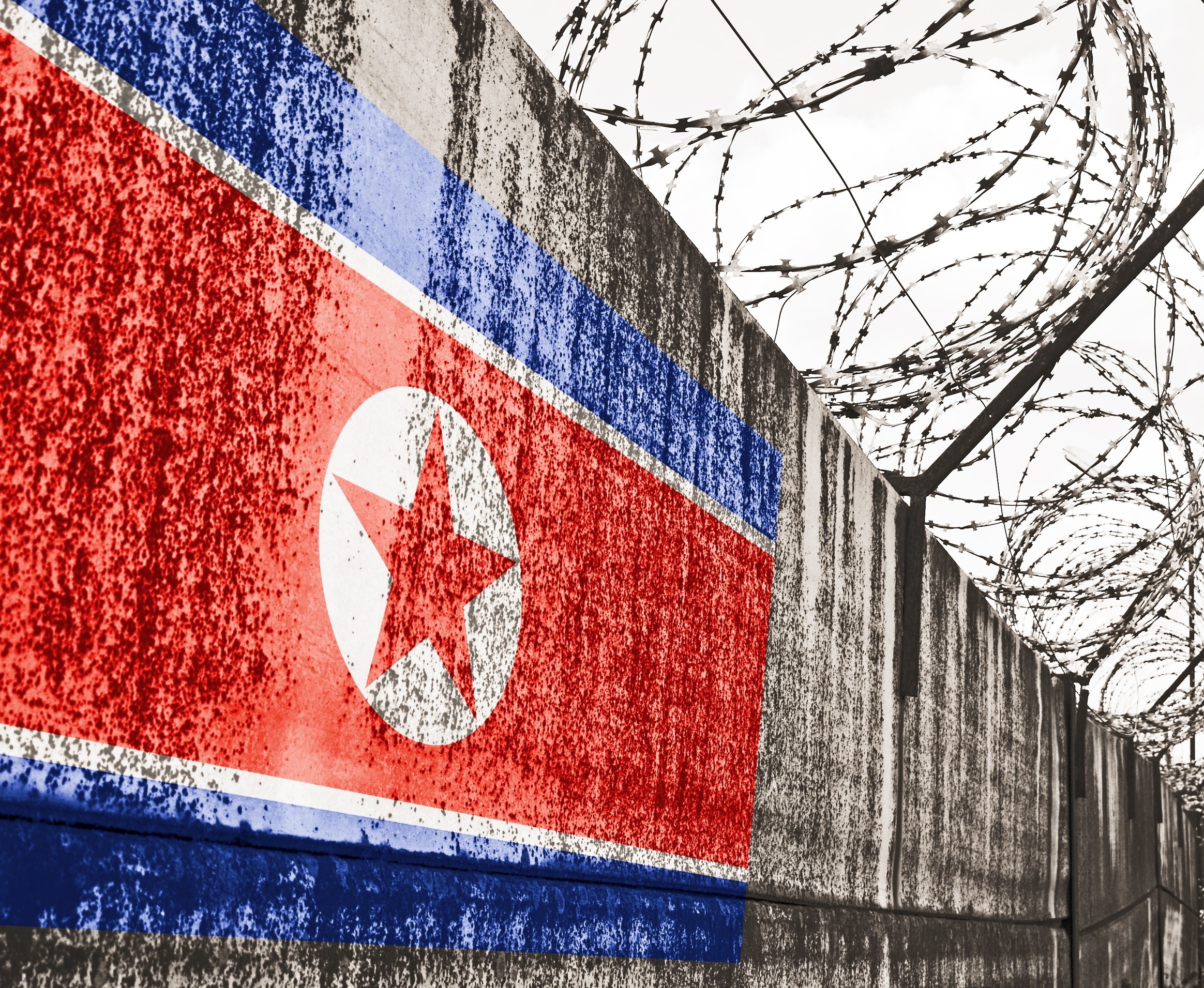Taking a Fresh Look at North Korea
![Pyongyang, North Korea [calflier001 via Flickr, 10/23/12]](/wp-content/uploads/2014/03/DPRK-statue.jpg)
Pyongyang, North Korea [calflier001 via Flickr, 10/23/12]
Need to prioritize the challenge that a nuclear North Korea poses to American interests, regional stability. A report released by the Department of Defense last week on North Korea highlights what is at stake on the Korean Peninsula, “The Democratic People’s Republic of Korea (DPRK) remains one of the United States’ most critical security challenges for many reasons. These include North Korea’s willingness to undertake provocative and destabilizing behavior, including attacks on the Republic of Korea (ROK), its pursuit of nuclear weapons and long-range ballistic missiles, and its willingness to proliferate weapons in contravention of United Nations Security Council Resolutions.” The report continues, “North Korea’s continued pursuit of nuclear technology and capabilities and development of intermediate- and long-range ballistic missile programs, as reflected in the December 2012 Taepo Dong-2 missile launch and February 2013 nuclear test, underscore the threat to regional stability and U.S. national security posed by North Korea.” [Department of Defense, 3/5/14]
Shifting Conditions create a diplomatic opening for renewed policy focus on North Korea. Over roughly the past two years, leadership transitions have taken place and new governments have consolidated power in Beijing, Seoul, Tokyo and, of course, North Korea following the death of Kim Jong-il. Against this backdrop, however, more specific factors highlight a potential diplomatic opening:
South Korea’s successful round of engagement: Signs of a potential breakthrough in North-South relations have emerged following high-level dialogue between Pyongyang and Seoul at the DMZ – which resulted in a successful round of family reunions – and economic talks in North Korea’s special economic zone at Rason. Professor John Delury of Yonsei University explains the significance of these events, “The two Koreas appear to be inching closer to opening a ‘new chapter’ in their political, social and economic relationship. The Park administration has made it clear that family reunions are just the first step in the trust-building process. The senior talks in the DMZ and economic delegation in Rason hint at what the steps to come could look like should inter-Korean cooperation gain traction: from ramping up aid, trade and investment to ratcheting down military tensions in the West Sea and along the DMZ.” [John Delury, 2/17/14]
Beijing considering adapting North Korea policy: Any successful effort by the international community with respect to North Korea will depend heavily on Chinese participation. Over the past year, it has been widely reported that Chinese elites have been debating their policy towards North Korea – a debate which now may be intensifying. Teddy Ng of the Council on Foreign Relations explains, “China is exploring whether to change tactics in engaging with North Korea, which is becoming increasingly unpredictable since Kim Jong-un came to power…The development comes as the foreign ministry in Beijing sent two delegations to Pyongyang in less than a month.” [Teddy Ng, 2/24/14]
Experts and policymakers urge that renewed efforts towards North Korea should emphasize diplomacy and assert that denuclearization remains achievable:
Rep. Eliot Engel (D-NY): The ranking member of the House Foreign Affairs Committee explains, “The U.S. must remain committed to the goal of denuclearizing North Korea, despite the many setbacks that have halted progress. We should not give up on diplomacy, because that would mean tacit acceptance of a nuclear North Korea.” [Eliot Engel, 2/26/14]
Stephen Bosworth and Robert Gallucci: Stephen Bosworth and Robert Gallucci, each responsible for negotiations with North Korea under the Obama and Clinton administrations, respectively, explain: “The United States government has not had direct contact with a senior North Korean official for more than a year…Whatever risks might be associated with new talks, they are less than those that come with doing nothing. Pyongyang’s nuclear stockpile will continue to expand, the North will continue to perfect its missile delivery systems, the danger of weapons-of-mass-destruction exports will grow, and the threat to U.S. allies will increase.” [Stephen Bosworth and Robert Gallucci, 10/28/13]
Amb. Chris Hill: The former ambassador to South Korea and lead negotiator for the U.S. delegation at the six-party talks, explains the need to remain committed to denuclearization: “we shouldn’t succumb to this pessimistic assessment that they’ll never give up their nuclear program. It’s ironic that people who are hardliners on North Korea are the same people who say that they will never give up their nuclear program; they are succumbing to the North Korean narrative that goes ‘sooner or later people will accept that we will never give up our nuclear program’…The irony is that people who think that they’re being tough on North Korea are actually aiding and abetting this attitude that they will never give up their nuclear weapons.” [Chris Hill, 2/26/14]
Alongside new diplomacy, focus also needed on crisis management mechanisms. In a recent joint report by the National Security Network and the National Committee on North Korea, we explain: “The greatest current risk on the Peninsula is that of miscalculation or error leading to the escalation of military actions during a crisis. Increasing stability and crisis management in Northeast Asia is necessary for reducing the likelihood of such a miscalculation, building an environment conducive to trust-building, and for the eventual denuclearization of the Peninsula. The objectives of a stronger stability effort would be to limit the number and severity of crises on the Korean Peninsula, and to enable their swift de-escalation.” Initial steps to advance crisis management mechanisms, we recommend slowly building mil-to-mil contacts with the Korean People’s Army, support for regional security dialogues and track II and 1.5 diplomacy between the U.S., North Korea, South Korea and other relevant parties, among other measures. These steps are part of a new diplomatic approach of “strategic shaping” recommended in the NSN/NCNK report which proposes a number of interim initiatives that can help create a diplomatic environment that will make a return to denuclearization talks possible. [NSN and NCNK, 2/14]


